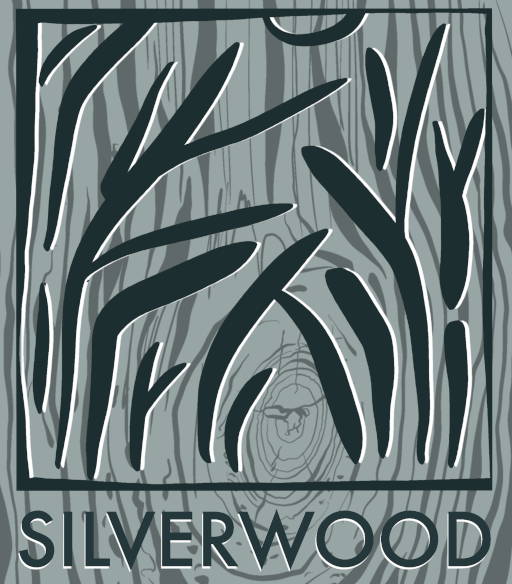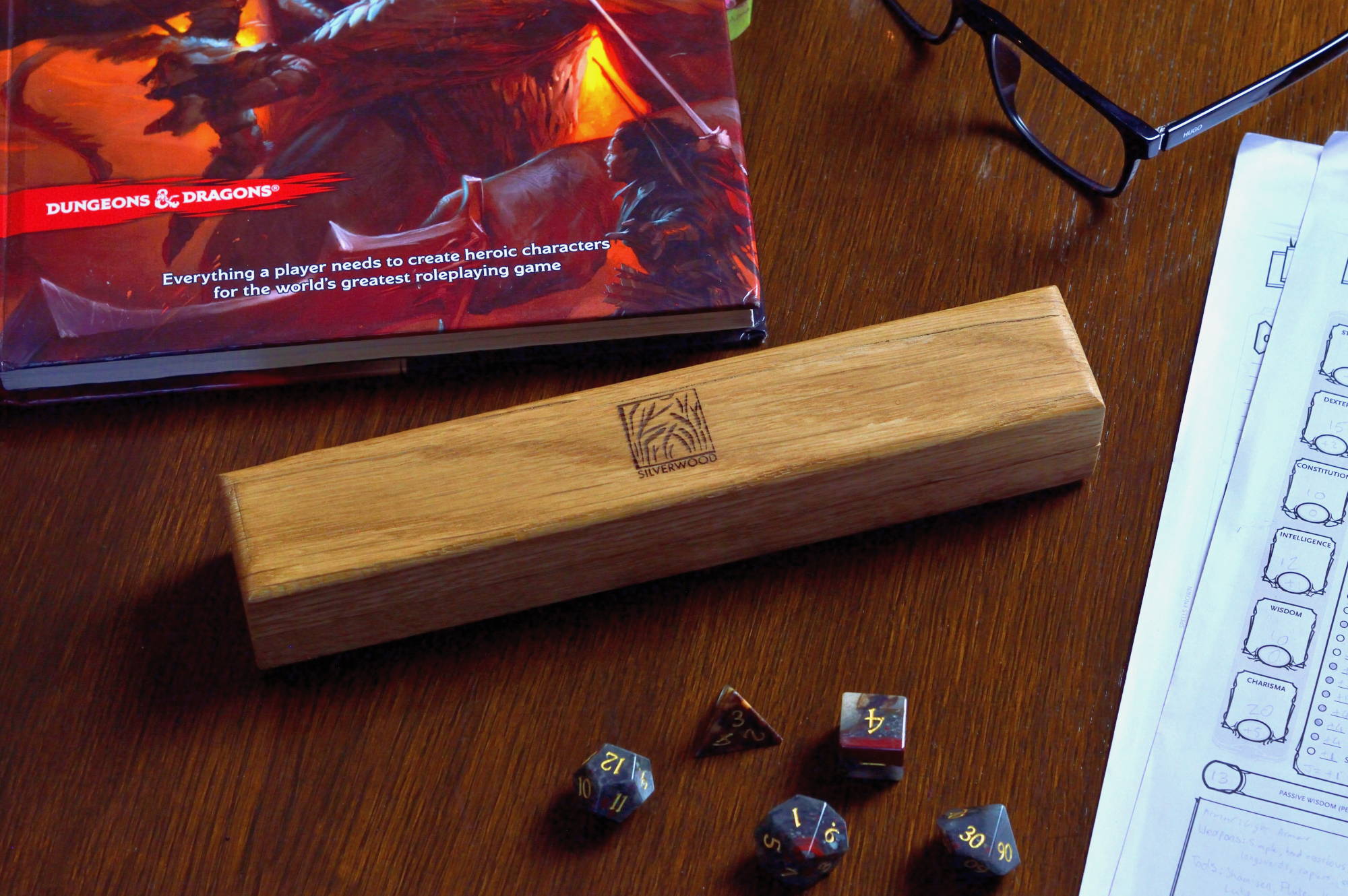So you like the look of Tabletop RPGs, and you’ve decided which one you like the sound of, but what do you need before you can get started on your first session? Like many of us who play TTRPGs, I am most familiar with D&D. However, most of the tips I have should have some level of translation to other systems. And these should be helpful whether you are playing or running the game. Here’s the six essential things you need before you start your first session.
1. Rules. The best fun is organised fun!
Every game has rules, although you might be pleased to hear that in many of these games they are more like guidelines. It would be impossible to write a set of rules that governs any situation that you could come up with so players are empowered to interpret the systems to make their games flow better and be fun for everyone. However, rule sets are important to give you a framework to tell your stories. Without them you would not be playing a game, but writing a novel or doing an improv acting skit. Rulesets allow for the introduction of randomness – successes and failures – that makes these games feel alive.
All game systems will have books that give you all the rules, enemies, adventures, etc. that an experienced player can easily use to play. The good this is, many of the bigger game systems have an introductory box for new players to take a lighter version of the rules and play it with a prepared adventure that gets you playing as soon as possible. For Dungeons & Dragons, the Starter Set comes with completed character sheets, dice and an adventure (The Lost Mines of Phandelver) for you to jump right in. They have also released other starter sets with different adventurers. Pathfinder and Call of Cthulu also both have beginner sets with similar contents to help you learn how to run and play these systems.
But you don’t have to go with the starter kits. For Call of Cthulu I used their beginner’s set and had a lot of fun, but when I started playing D&D I just bought big rulebooks: the Player’s Handbook (PHB), Dungeon Master’s Guide, and Monster Manual. This is everything you need to get into a full blown game with all the rules and character development. It is important to note, buying these books and reading them cover to cover is not recommended for most people. I only read most of the PHB and had been watching a stream for several months before trying this. There are parts of the other books that I have not even touched! In general, the PHB will suffice for 90% of what you need to run D&D. Most everything else you can get free online with some searching! It’s worth noting that if you’re not going to get the starter kits for any of these games then you’d be wise to check out YouTube for the nitty gritty of your chosen game. [cross links here in future]
2. An adventure: pre-written vs homebrew
As we saw above, beginner sets come with their own adventures that help get you through being a beginner. You can also get free or paid-for adventures as official or third-party content. As you get more experienced in these games, you’ll realise that not every written adventure will work for you. At some point, you’ll likely want to create your own fantasy space to play in. We call this homebrewing. So you can either run pre-written adventures or homebrew your adventure completely.
3. Your character. Just who are you, really?
It’s safe to assume that every TTRPG you play will have some form of details about your character. Ordinarily this is done on a character sheet: a page (or several) that contains all your character’s abilities, equipment, and specialities. These games will give you a template to do this, so print it off and fill it in. While these types of games are also called “pen and paper RPGs” you should probably use a pencil because it tends to change a lot!
You can also find digital versions of these character sheets. These might be form-fillable PDFs, or dedicated apps or sites that digitise how character creation works. D&D Beyond (the official Wizards of the Coast tool to support D&D) is a great example where you choose your abilities and stats and let the app do the maths for you. The caveat to these systems is that you often have to pay for them to get the full functionality.
4. Notes. Did you get that down?
A notebook! Next!
OK, actually there are a load of digital options too. Using collaborative pages like Google Docs, Discord, or even a closed Facebook group can allow all the players at the table to share in the information that they have learned. Otherwise, you can keep your notebooks closed from the other players and use your siloed knowledge to assist with roleplay. Both are great options.
It’s worth mentioning that there are a bunch of paid and freemium dedicated sites and apps that allow you to collaborate but I personally don’t use them as a player so I can’t really recommend them. When I DMed I use Microsoft OneNote, which is pretty powerful, and tools like WorldAnvil are tailored for DMs and worldbuilders so you might find them useful. At this stage though, a notebook will 100% suffice.

5. A variety of polyhedral chance rocks
Every time there is an element of uncertainty in a TTRPG, it’s time to roll the dice! The sound of your dice clickety-clacking in your Dice Tray is great! And the feeling of rolling a 20 at just the right moment is amazing. Check out Instagram and you’ll find thousands of amazing and unique dice. Here at Silverwood we sell dice storage and rolling surfaces – we think they’re great (and we’ll tell you why here). But do you physically need these things? No. There are plenty of dice rolling apps, you can roll within virtual tabletops (oh yeah, that’s a thing), you can even ask Google to do it for you. But nothing compares to picking up those dice, using whatever rolling technique you prefer (oh yeah, that’s also a thing), and trusting the fates. You don’t need to buy dice, but after the rules they’re probably the first thing you’ll want to get.
6. Your adventuring party
While some of these games can be played solo, the real joy of TTRPGs is sitting down with people who are all there to tell a good story. From political intrigue to a great combat session, you and your fellow players will make memories by living in your characters’ shoes for a few hours. If you have a group of friends who all want to play this is great! The easiest way is clearly to find people you already get along with to see if you’ll enjoy this together. A word of warning, not all of your friends may like these games and that’s ok. Just like you might have a different taste in movies, music, and sport, sometimes people want to play games differently, or not at all. If they enjoy it, great! If not, you’ve got two other options.
Find your friendly local game store and see if they run or are willing to host a TTRPG night. You might find that there are local people around who all want to play but are in the same boat as you, or you might end up joining an already existing group. Either way, it’s an opportunity to make more friends and share with new people.
Virtual tabletops like Roll20, as well as sites like Reddit and Facebook, have “looking for game” areas where you can find people online to play with. This is often a more convenient and easier way to find people to play with, although the staggering amount of choice may overwhelm you.
Reminder though, when you roleplay it can become uncomfortable. Sometimes it is because you’re not used to it, sometimes because content may be something you’re not used to or don’t want to deal with. A warning for every game you play in: take care to be respectful of the views and triggers for others, try and communicate with your fellow players to ensure that you are all on the same page. If you do not feel respected, it is ok to leave a game. Stay safe, especially around strangers and on the internet.
So can I play now?
It is really important to remember that, as with any new skill, you will get better and better the more you play. A lot of Game Master’s struggle with getting the confidence to even run their first session but as long as everyone turns up and is open to the idea of fun it’ll be great! Like starting any new hobby, the hardest step is the first, but I promise it is worth it.
Now that you know everything you need, get to it! Make sure you read up on the rules for your particular game, and look here or elsewhere online for tips if you need them (@silverwoodgaminguk on Threads has started a series of gameplay tips!). Gather the tools you need, gather your friends, and enjoy your first session.

